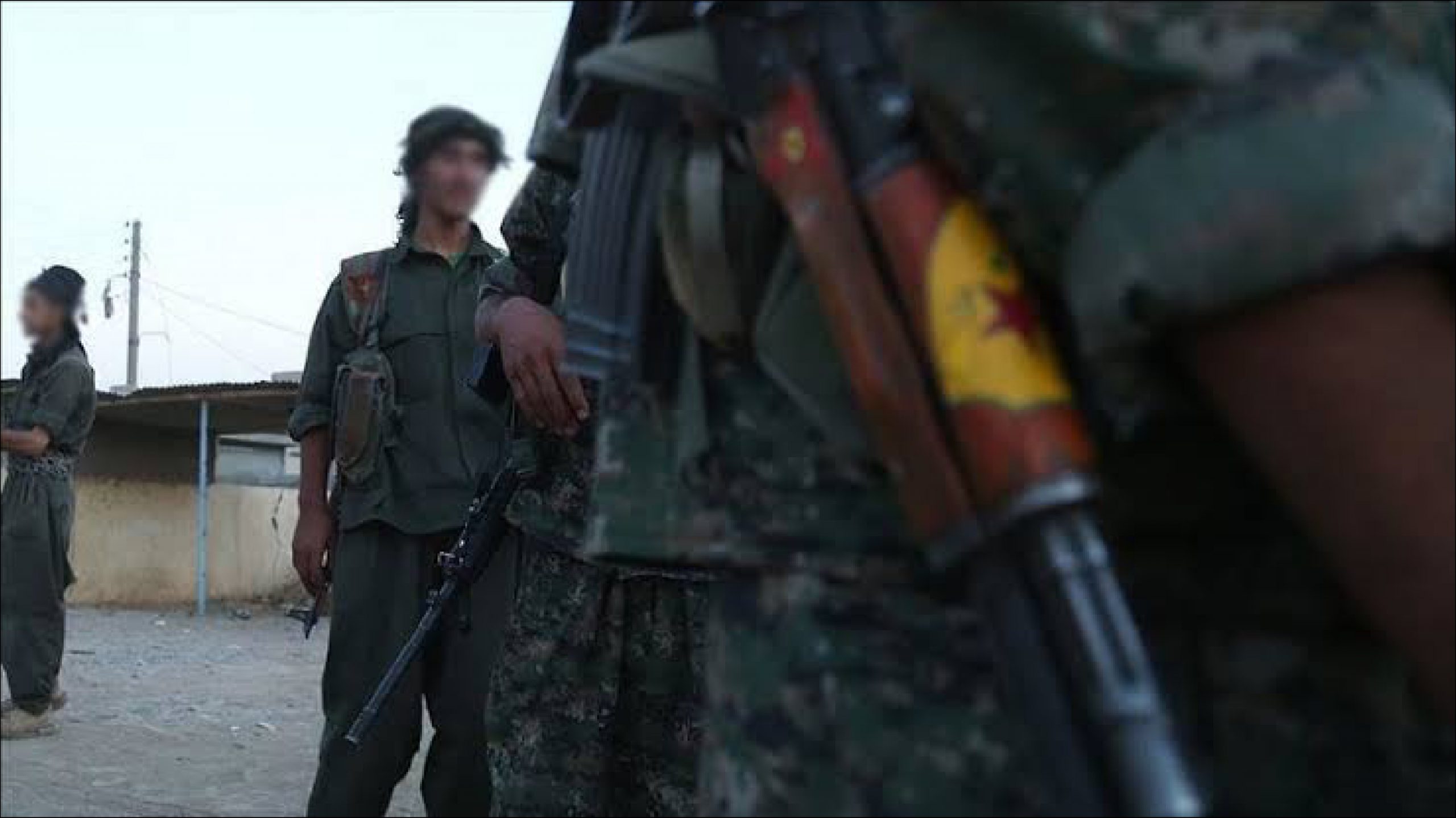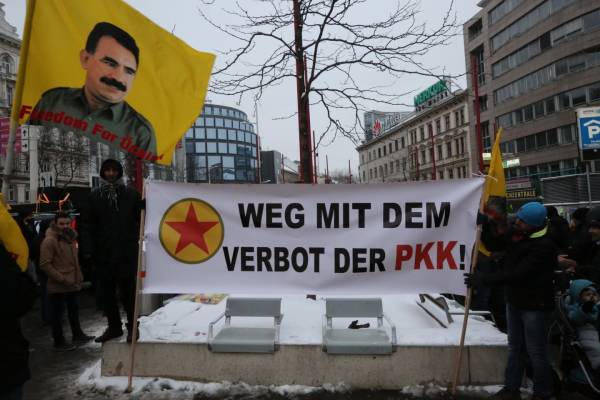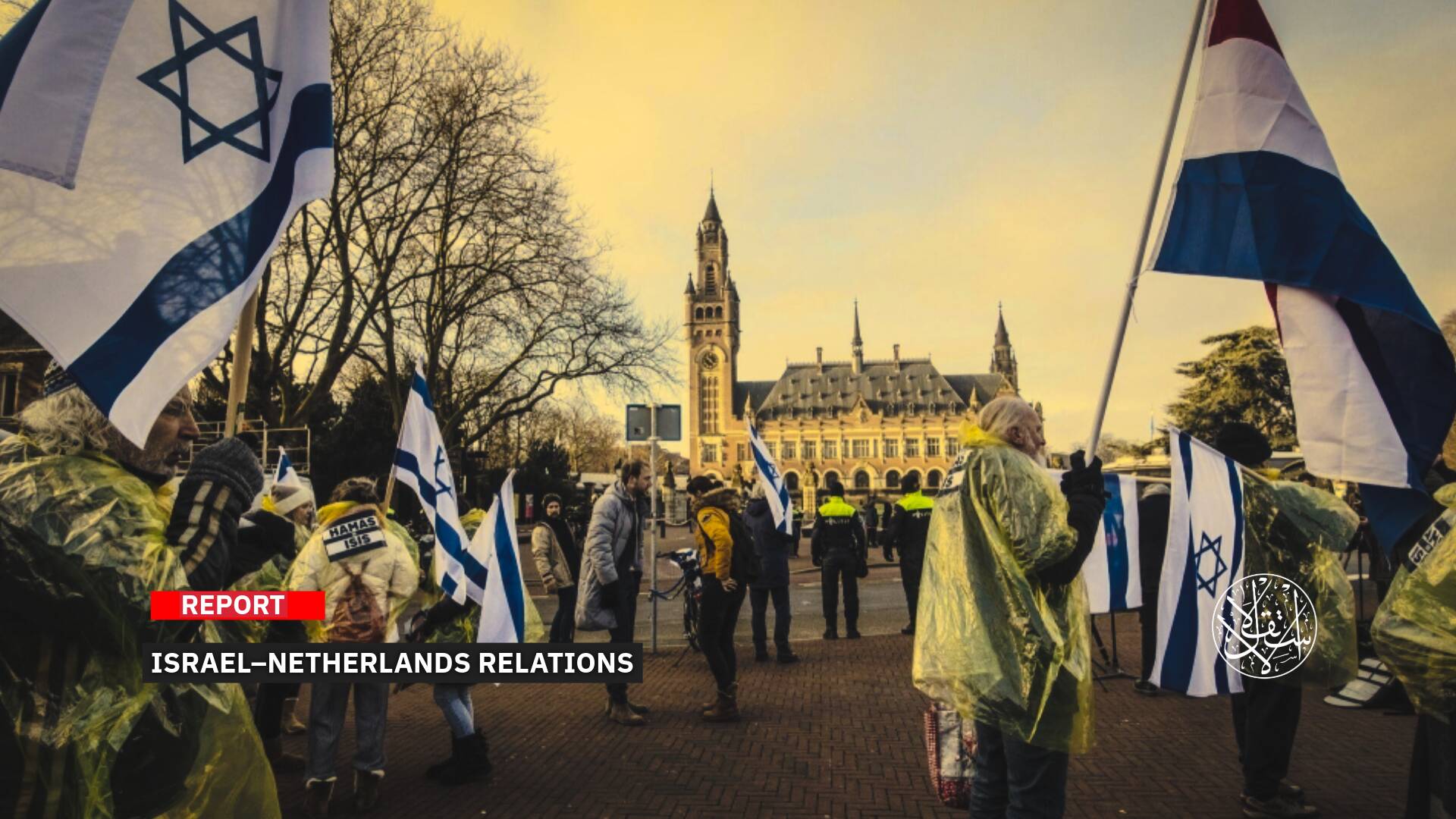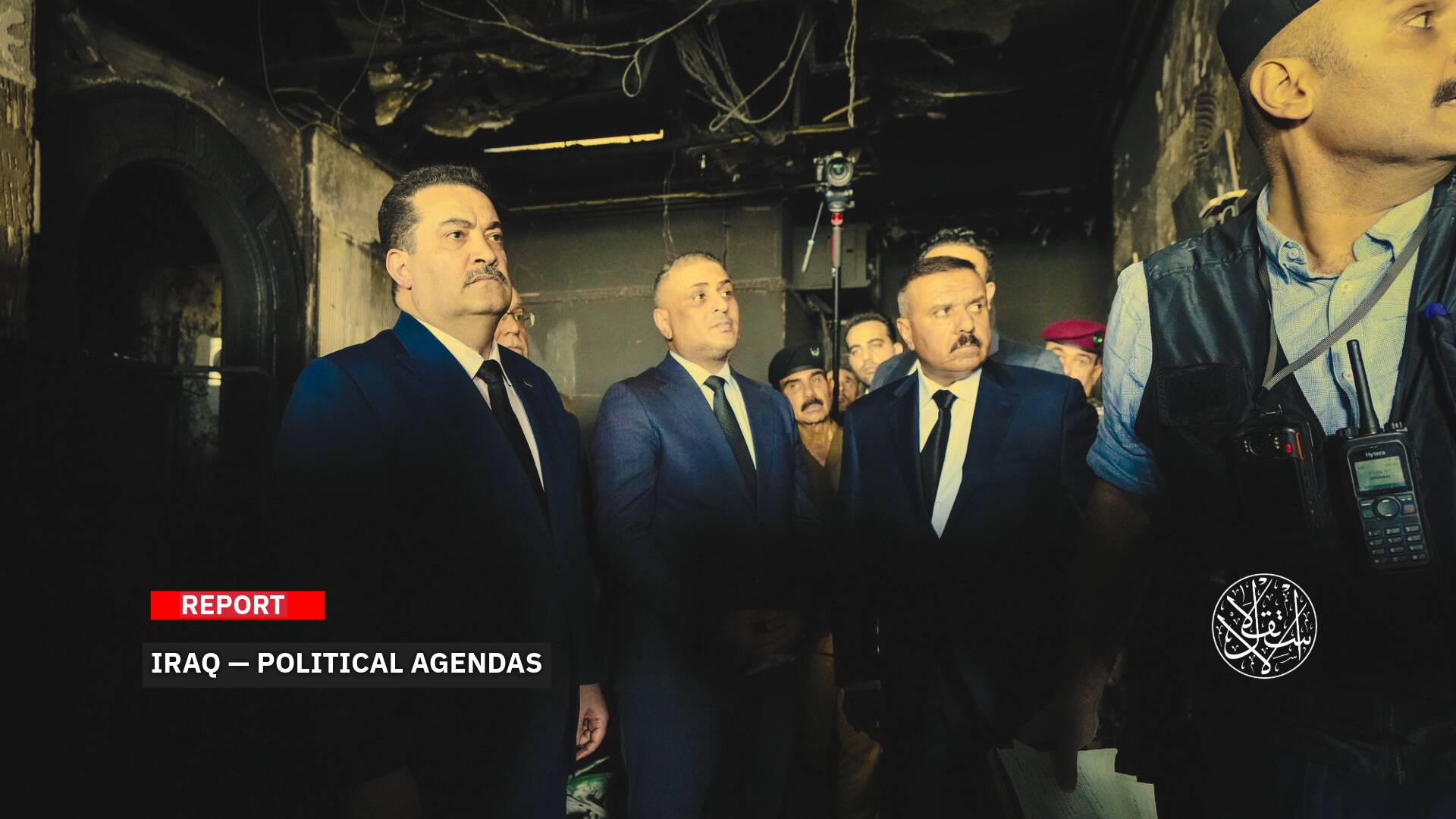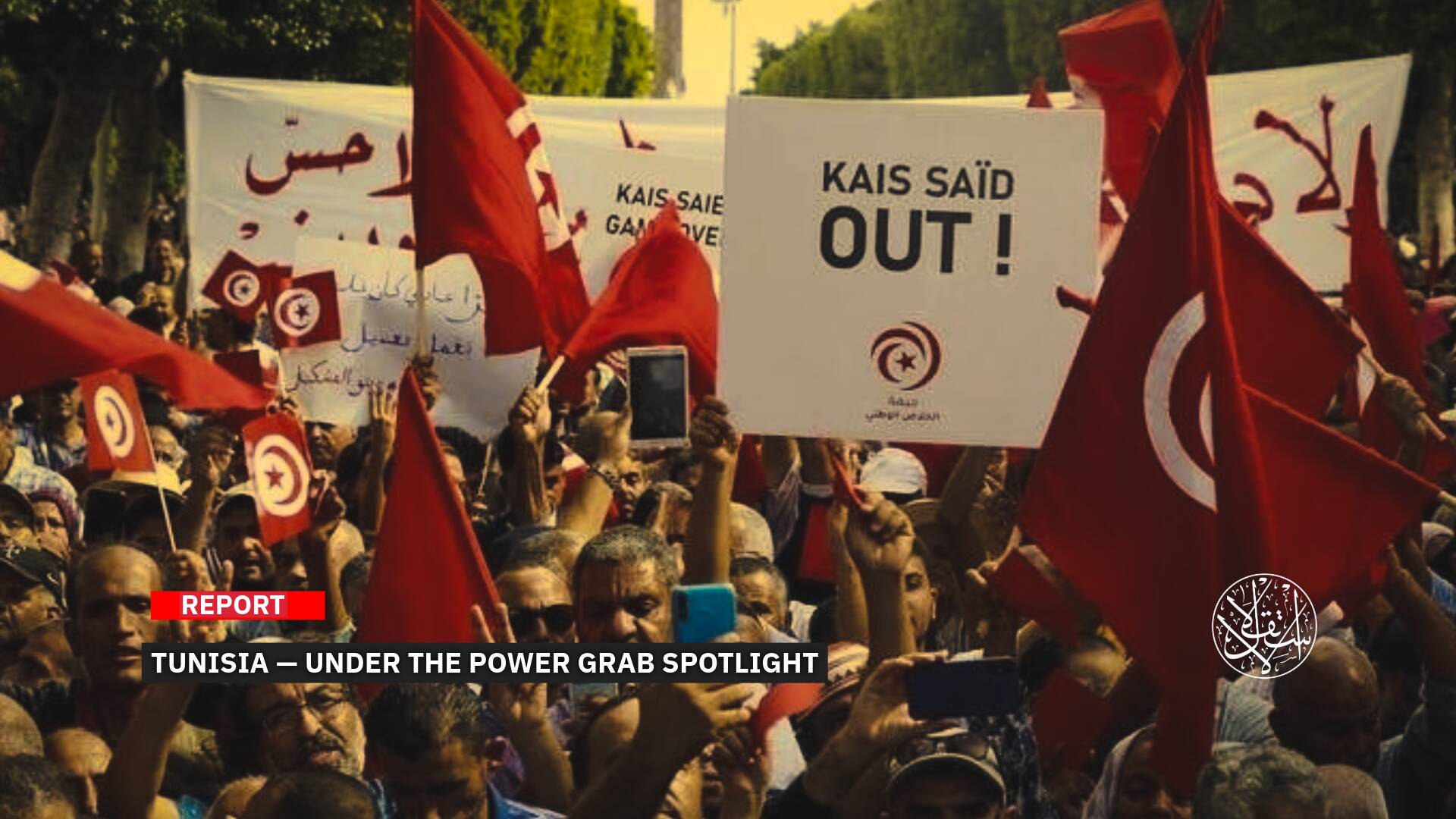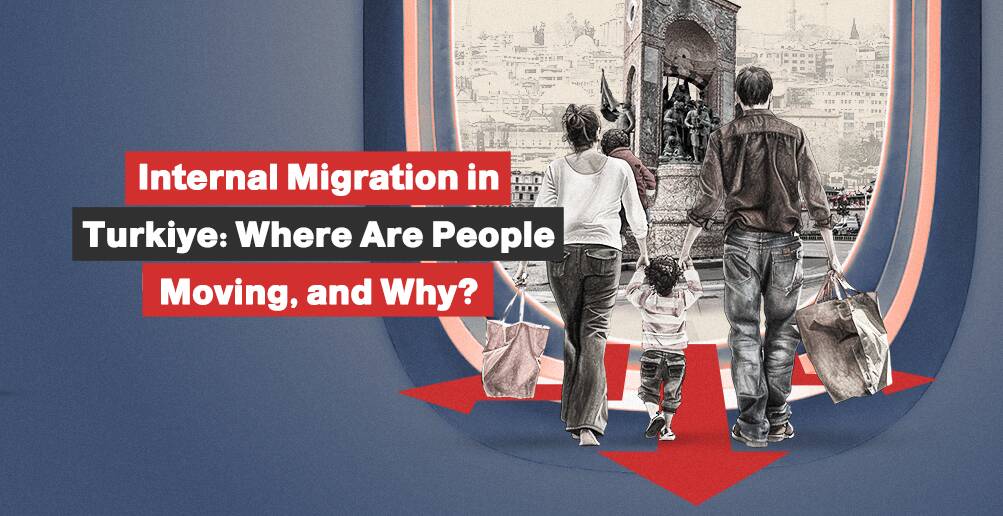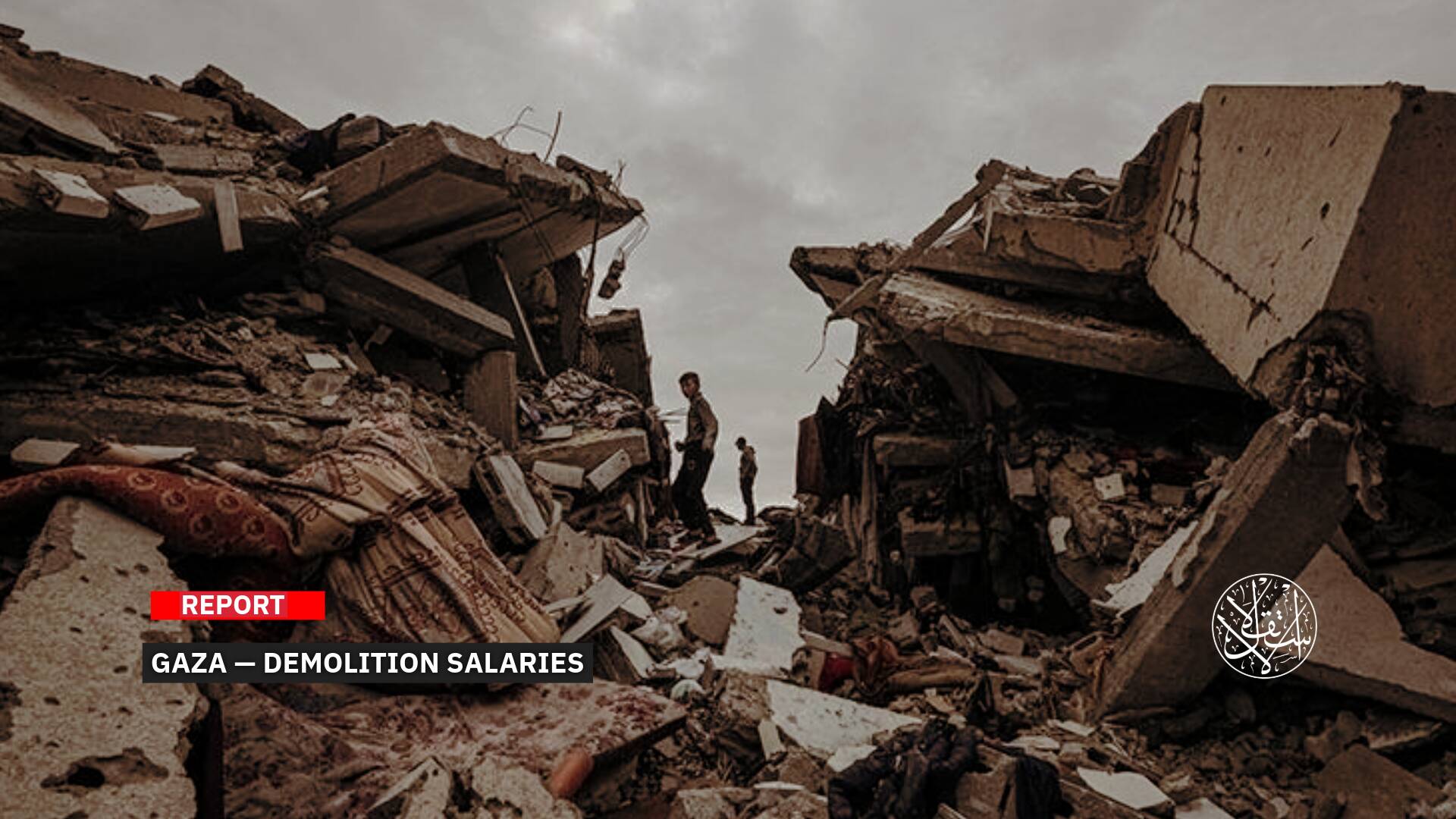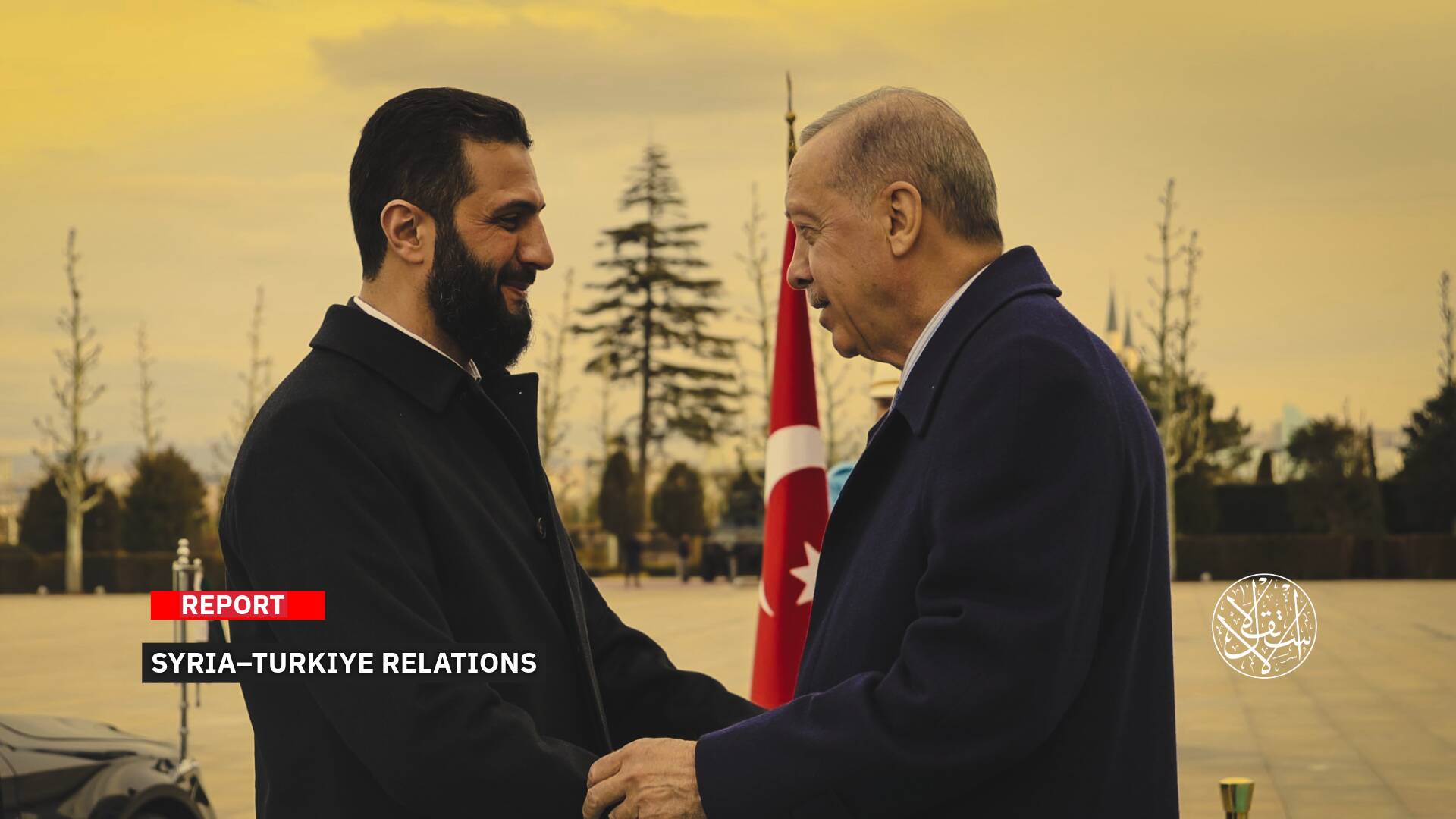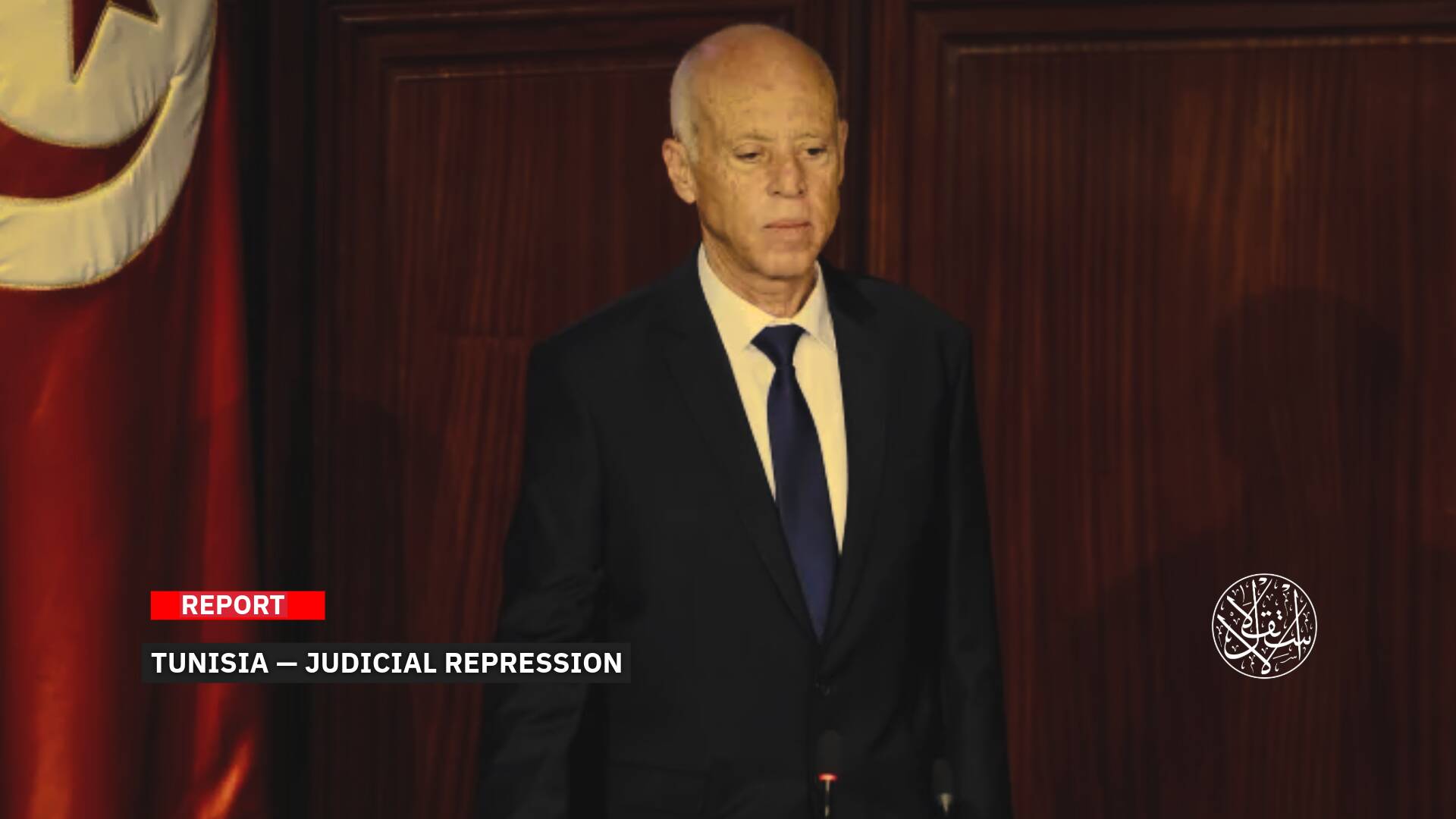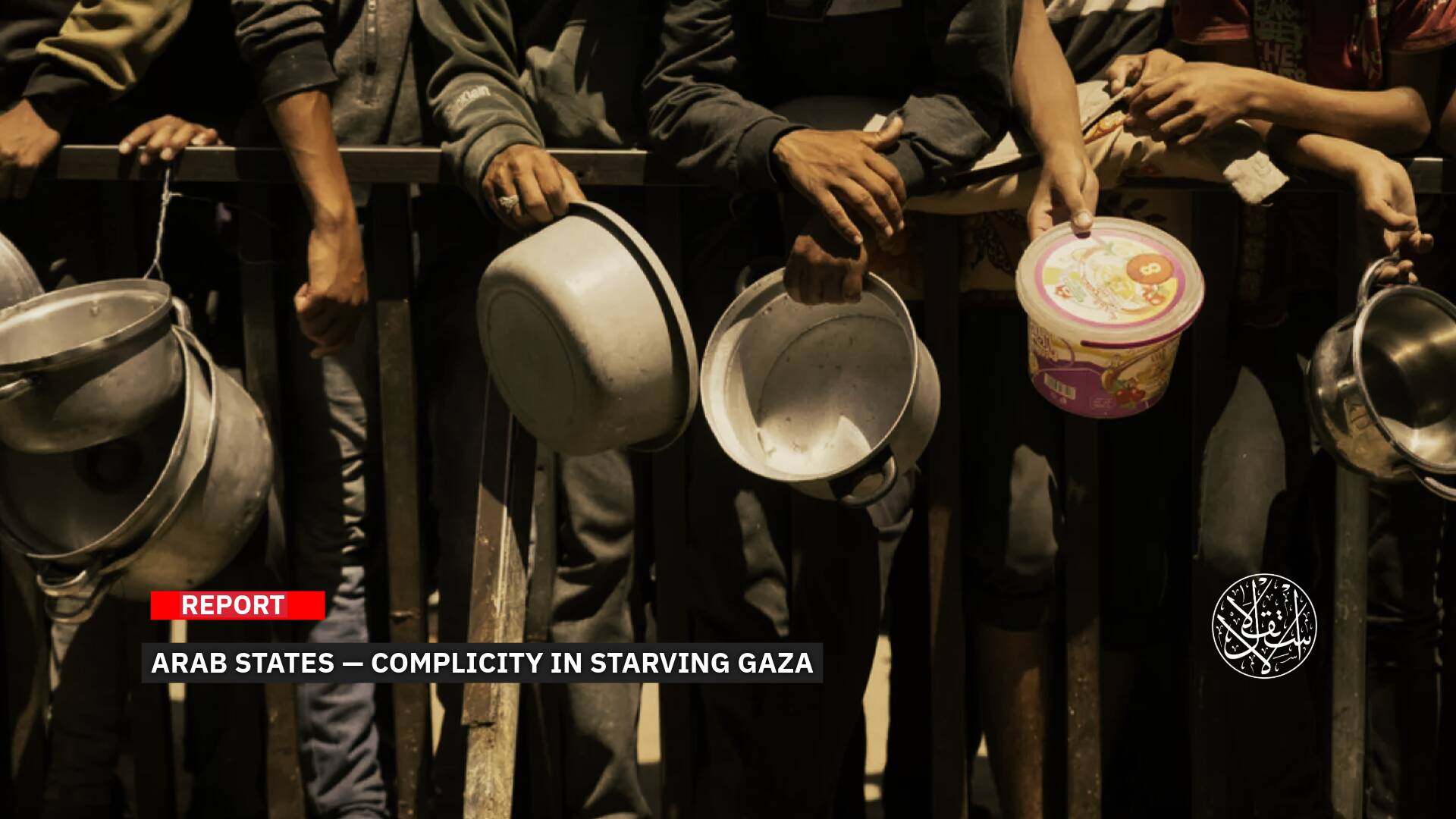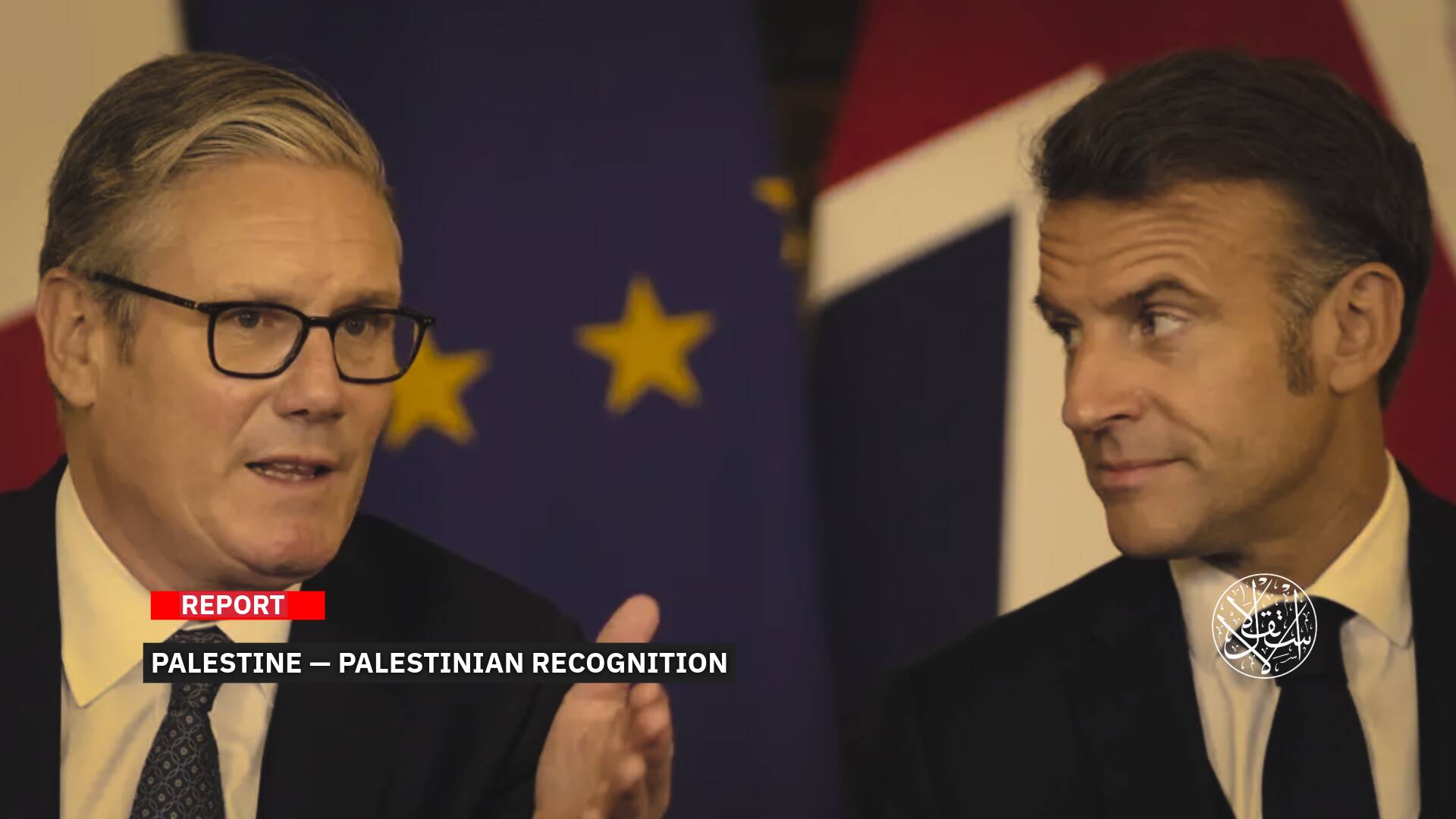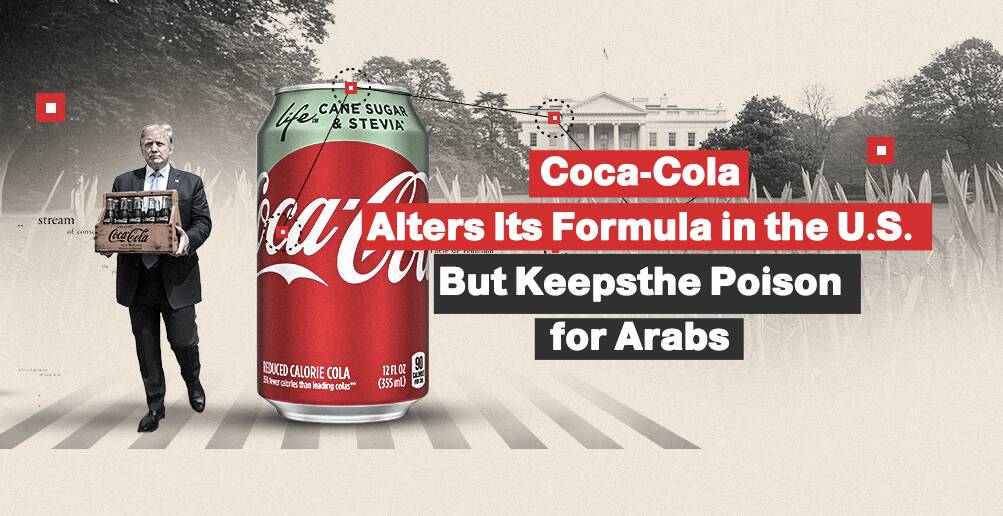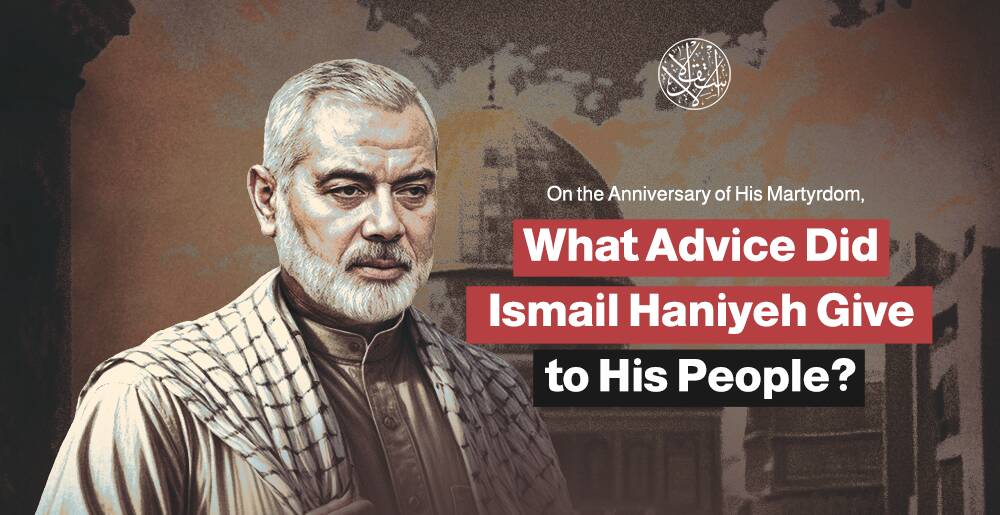The Double Standards of Europe Towards Kurdish PKK
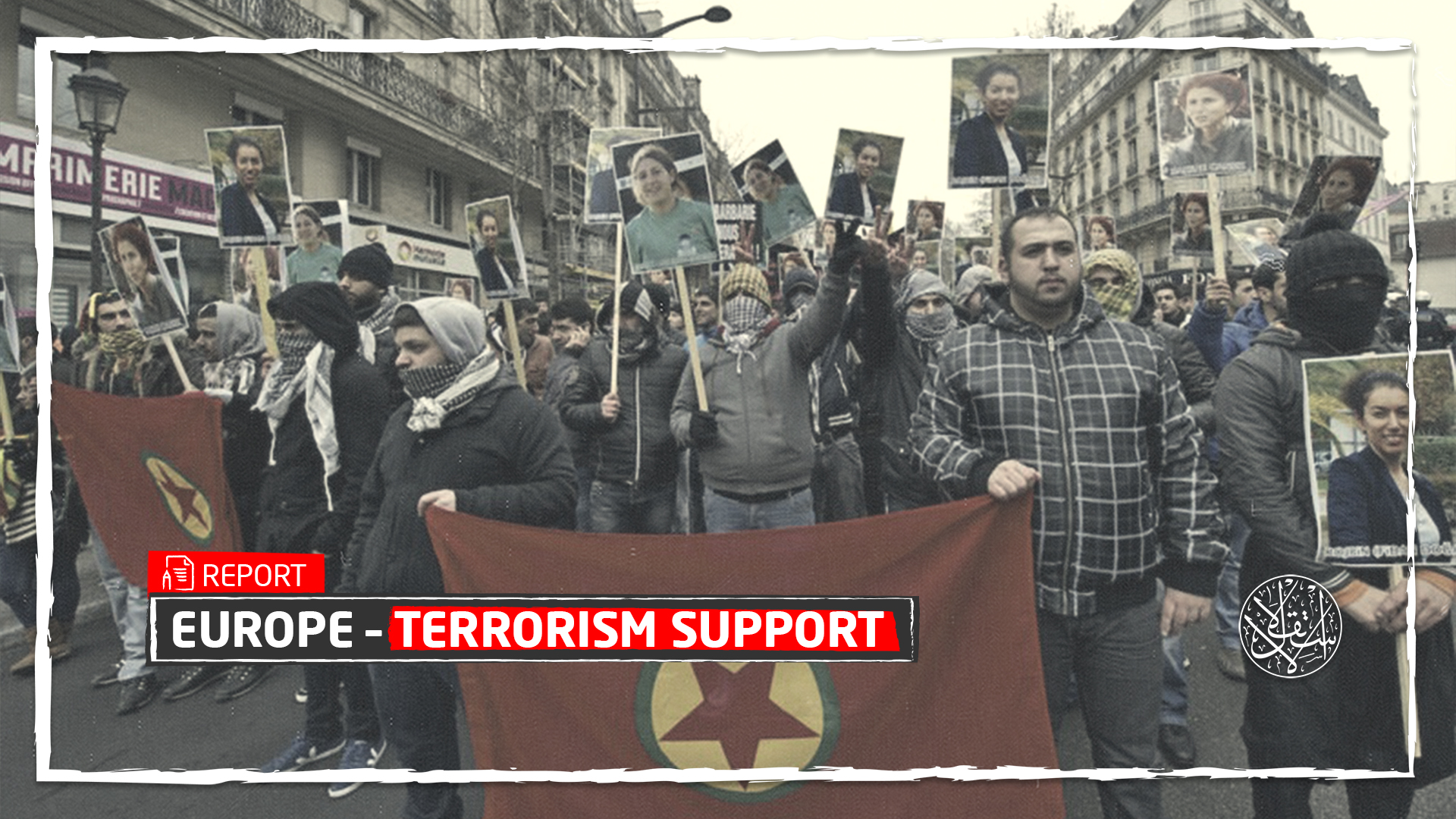
When Finland and Sweden applied to join NATO, all parties concerned assumed that a vote on membership would be a routine procedure, but all that changed when Turkiye opposed their efforts.
Turkiye explained its sudden move by referring to what it claimed was Scandinavian countries' support for the PKK.
Turkiye, the European Union, and the United States all officially classify PKK as a terrorist organization because of its deadly attacks on civilians.
However, Turkish leaders have been accusing Scandinavia of sponsoring members of PKK and allowing them to operate.

European Sponsorship
Since the formation of the PKK, which is classified as a terrorist, European countries have embraced its leaders, sponsored economic projects that fuel its terrorist operations, and even allowed funds to be raised and transferred to its headquarters in the Qandil Mountains, although they classified it on terrorism regulations.
The joint president of the Syrian Democratic Council of the PYD militia, Riad Darar, and the spokesman for the YPG terrorist militia Nouri Mahmoud, who grew up among the PKK terrorist organization in the Qandil Mountains, are both sponsored in Europe.
Mahmoud recently appeared in a picture standing next to the Eiffel Tower in Paris and then hosted by French channels speaking on behalf of the organization.
There are countless meetings of leaders of the terrorist organization PKK with European officials, from French President Emmanuel Macron to the smallest study center in Europe.
“The endless list of crimes against humanity and war crimes committed by those living under the auspices and protection of the Governments of European States has granted them residences and asylum rights and allowed them to cross their airports, indifferent to the magnitude of the threat they pose to national security and to citizens of states with which they intersect in the idea of combating terrorism to guarantee human rights,” said political writer Samer al-Ani.
“All this comes at a time when the United States of America and Europe are forming international alliances that they say are to eliminate terrorism, in Afghanistan, Iraq, Syria, and other countries, and the question here is: What criteria do they base on classifying terrorists and non-terrorists?” he added.
German Hosting
In 2019, in remarks made by the Turkish ambassador to the German capital, Berlin, Ali Kemal Aydin, to Turkish journalists working in the country, he said: "The German authorities should not allow demonstrators to use banned PKK slogans in their protests."
"Since the launch of the Peace Spring, supporters of the group have organized an estimated 100 demonstrations, so we call on the German authorities to arrest the perpetrators of violence against Turks and bring them to trial," he said.
PKK loyalists carried out 17 attacks and attacks on Turks in Germany, injuring 15 people.
He explained that The Turkish Interior Minister, Süleyman Soylu, spoke by telephone with his German counterpart, Horst Seehofer, about securing Turks in Germany.
Aydin stressed the importance of Turkish groups in Germany maintaining their stability in the face of these attacks, adding: "The Turkish community in Germany was not provoked by these attacks, but I hope those who have been attacked quickly go to the security services and come forward with reports."
The Turkish Ambassador noted that they were very disappointed by Germany's decision to reduce arms exports to Turkiye and its participation in a number of sanctions taken within the framework of the European Union
Western Support
Although banned in Germany since 1993, PKK remains active in Germany, followed by about 14,500 people, according to an annual report by the Internal Intelligence Agency (BfV).
In 2018, followers of that terrorist organization were responsible for 1,873 criminal acts, an increase of more than 80 percent over the previous year, 305 of which were violent crimes.
Although the Turkish government has repeatedly called on the German authorities to limit the organization's propaganda, fund-raising, and recruitment activities, Berlin has remained reluctant to do more to fight the PKK.
According to Germany's Internal Intelligence Agency, PKK uses the country as a fundraising platform, raising more than 15 million euros in 2018 alone in Germany.
Turkish officials estimate that the terrorist group raises more than 40 million euros a year in Germany, through a range of activities, including extortion, drug trafficking, migrant trafficking, and money laundering.
In 2019, followers of the terrorist organization burned the Turkish flag at a demonstration in Dortmund, Germany, and painted offensive slogans on the walls of houses in the north-western city of Bielefeld in an attempt to provoke the Turkish community.
A mosque belonging to the Turkish Religious Affairs Presidency was targeted with bottles containing incendiary materials.
According to the Report of the German Intelligence Service (BND), PKK leaders divided Germany into nine regions and 31 sub-regions and appointed a leading member for each of these areas.
According to Turkiye's Anatolia News Agency, between 2011 and 2017, German courts opened criminal cases against 387 PKK suspects on terrorism charges.
Only 11 prominent members of the terrorist organization were punished, ranging from two years imprisonment to 6 months to 4 years to 6 months.
Turkiye has requested the arrest and extradition of dozens of prominent figures in the terrorist organization, but almost all of these requests have been rejected, with German authorities claiming they need more concrete evidence.
French Terrorism
In his more than 30-year terrorist campaign against Turkiye, PKK, listed as a terrorist organization by Turkiye, the United States, and the European Union, was responsible for the deaths of 40,000 people, including women, children, and infants.
On March 29, 2018, French President Emmanuel Macron received a delegation from the Organization of the PKK.
Following the reception, the Elysee Palace issued a statement, saying that Macron "wishes to establish a dialogue between the Syrian Democratic Forces (SDF) and Turkiye, with the support of France and the international community."
Ankara expressed a strong reaction against the statement, and President Recep Tayyip Erdogan said that for Paris to be "hosting a delegation of members of the terrorist organization, at a high level, is an open hostility to Turkiye."
In mid-2016, AFP, citing defense ministry sources, reported that special forces were on a mission in areas controlled by the PKK in northern Syria.
Various French forces are present at five points in the group's control areas under the name of the International Coalition against ISIS in northern Syria.


